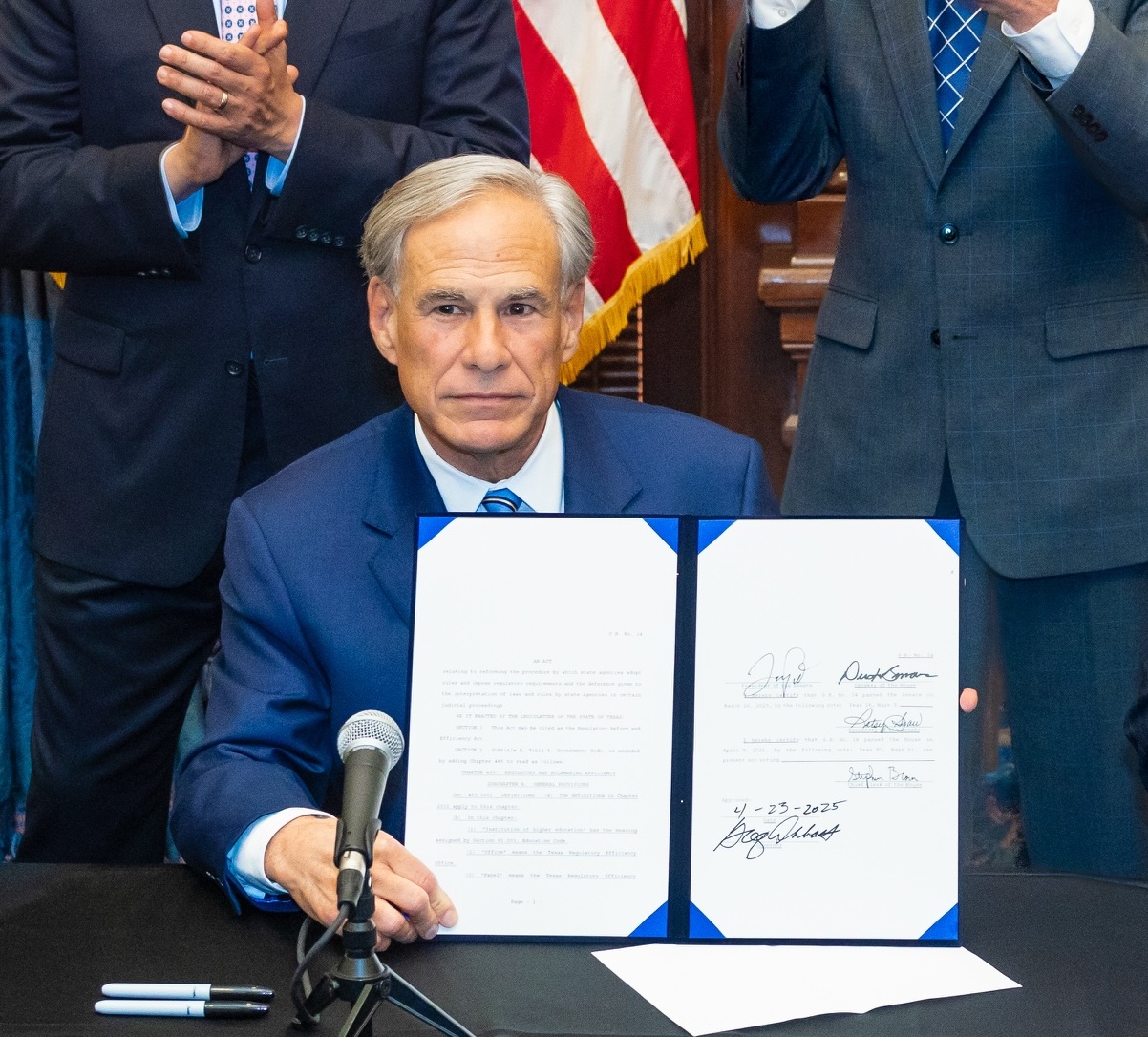Already a subscriber? Make sure to log into your account before viewing this content. You can access your account by hitting the “login” button on the top right corner. Still unable to see the content after signing in? Make sure your card on file is up-to-date.
Texas has officially moved to create its own Department of Government Efficiency.
Some shit you should know before you read: If you’re unaware, the Department of Government Efficiency (DOGE) is a new federal initiative under President Trump and heavily influenced by Elon Musk’s vision of streamlined, tech-driven governance. DOGE’s stated mission is to root out waste, fraud, and inefficiency across federal agencies, with supporters claiming it has already uncovered and cut billions of dollars in what they describe as “ridiculous” expenditures—such as funding initiatives they argue do not align with core American interests. Supporters praise DOGE for pushing agencies to operate more like lean private-sector entities and say it’s exposing entrenched bureaucratic bloat that has long gone unchallenged. However, critics argue DOGE has yet to produce any major, publicly verified cases of fraud or abuse, calling into question the substance behind its claims. Some have also raised ethical red flags over Musk’s dual role as a government efficiency advocate and a major federal defense contractor through SpaceX.

What’s going on now: Yesterday, Texas Governor Greg Abbott officially signed Senate Bill 14 into law, creating the Texas Regulatory Efficiency Office—a permanent state agency designed to streamline government processes, cut down on outdated regulations, and reduce bureaucratic red tape. The bill, which passed with strong bipartisan support (97–51 in the House and 26–5 in the Senate), is a cornerstone of what Abbott calls “a major theme of this session: government efficiency.” Modeled after the federal DOGE initiative, the new office will review state agency rules, eliminate inefficiencies, reduce required training hours, and establish a user-friendly online portal to make Texas regulations more accessible to the public.
The Texas Regulatory Efficiency Office is expected to cost taxpayers roughly $22 million over the next five years, though state leaders argue it will lead to significant long-term savings by identifying and eliminating wasteful regulations and spending. While the office will function independently, an advisory panel—including business owners, researchers, and members of the public—will assist in shaping its strategies and oversight.
“Texas DOGE will lead to spending cuts, regulation cuts and a more user-friendly government,” Governor Abbott said at the bill-signing ceremony in Austin. “It will ensure that Texas is operating at the speed of business, and it will make it easier for our fellow Texans, average Texans, to deal with their own state government.”
Despite support from many business leaders and lawmakers, critics are raising concerns over the lack of clarity about how this new office will interact with existing oversight bodies, such as the Texas Sunset Advisory Commission, which already reviews agency performance. Some worry the office could become redundant or overly politicized, especially given its close alignment with the broader national push for DOGE-style regulatory reform.







